“Serbia open for talks, won’t abolish institutions in north”
Serbia is open for talks about all issues except about abolishing the Serbian institutions in Kosovo, says Serbian Foreign Minister Ivan Mrkić.
Wednesday, 28.11.2012.
09:47

NEW YORK Serbia is open for talks about all issues except about abolishing the Serbian institutions in Kosovo, says Serbian Foreign Minister Ivan Mrkic. He added that Serbia was determined to fully implement all agreements that had been agreed so far. “Serbia open for talks, won’t abolish institutions in north” In a speech at the UN Security Council session, where UN Secretary General Ban Ki-moon’s regular three-month report on Kosovo was presented, Mrkic stressed that the UN’s role in the stabilization of the situation in the region was “irreplaceable” and that “KFOR’s mandate needs to remain unchanged”. “We would like to see a more efficient cooperation between UNMIK, KFOR and EULEX. Both UNMIK and EULEX should remain active in the field and act in accordance with their mandates, in a status neutral manner, under the UN auspices,” he said. Mrkic added that EULEX’s role should not be changed either and that its executive role remained crucial, especially as far as the implementation of agreements reached in the dialogue was concerned. “The Republic of Serbia will insist on the implementation of the agreed solutions on a joint border management through presence and executive role of EULEX on the administrative line,” the Serbian foreign minister noted. He added that Serbia “sees the dialogue as the only way of overcoming the current crisis and arriving at sustainable solutions for the problems facing the population in Kosovo and Metohija on a daily basis”. Mrkic stressed that the new Serbian government had only recently took part in the continuation of the dialogue with a desire to reach concrete progress and that Serbian and Kosovo PMs Ivica Dacic and Hashim Thaci had discussed various topics in Brussels on November 7. “Serbia wants to make progress in the European future and it is completely committed to the process that should result in permanent peace between Serbs and Albanians,” he said. The Serbian foreign minister observed that despite the long-standing international presence, there was no significant improvement on the ground, especially when it came to the situation concerning Serbs and other non-Albanians, he said. “The lives and property of Serbs and other non-Albanians continue to be threatened; there are no basic security conditions or freedom of movement and employment; a safe return has not been assured to Serbian refugees and displaced persons to their homes in Kosovo and Metohija, no major infrastructure facilities have been rebuilt; violence against the Serbian population and their cultural and religious sites by Albanian separatists continues,” Mrkic said. He added that main infrastructural facilities had not been rebuilt and that Albanian separatists’ violence against Serbs and their cultural and religious monuments continued. “The human rights situation in Kosovo and Metohija, especially of Serbs and other non-Albanians, continues to be deplorable,” Mrkic pointed out. He said that the observed “relative diminishing of inter-ethnic violence is not a result of improved inter-ethnic relations, but the consequence of growing isolation of the Serbian population, resulting from their retreat into enclaves or isolated villages.” “According to the information available to us, in the period from July-October 2012, more than 70 attacks that could be described as ethnically motivated were carried out. The result is that there are less and less Serbs living in the territory of Kosovo and Metohija,” said the minister. Mrkic added that the systematic destruction and demolition of houses deserted by the Serbs and other non-Albanians, saying that these “have been continued, with the aim of purposely forcing the remaining Serbian population to leave and preventing returns.” He said that the process of the return of the internally displaced persons to Kosovo was a “slow process characterized by a low level of sustainability” and explained that, according to the latest figures for 2012, a mere 285 Serbs returned to Kosovo and testifying to the trend of continued decrease of the number of returns. Mrkic said that the way the Kosovo Privatization Agency had privatized firms in Kosovo was “alarming”, especially since January 2012. “Privatizations of public and state-owned companies in Serbian communities especially cause concern. Consequences of the sale of those companies to Albanians represent an additional factor that forces Serbs to leave,” he pointed out. Mrkic said that “a particular problem is a constant prevention of visits and free movement of the officials of the Republic of Serbia, despite the fact that they duly, and in accordance with the established procedure, inform EULEX of their visit to Kosovo and Metohija”. He underscored that that even humanitarian aid was denied entry to Kosovo. Commenting on acquittal of Croat Generals Ante Gotovina and Mladen Markac, the Serbian minister said that it would have a negative effect on the reconciliation process in the region and stressed that “it shocked both Serbia and many law experts worldwide”. Ivan Mrkic (Beta, file) Beta
“Serbia open for talks, won’t abolish institutions in north”
In a speech at the UN Security Council session, where UN Secretary General Ban Ki-moon’s regular three-month report on Kosovo was presented, Mrkić stressed that the UN’s role in the stabilization of the situation in the region was “irreplaceable” and that “KFOR’s mandate needs to remain unchanged”.“We would like to see a more efficient cooperation between UNMIK, KFOR and EULEX. Both UNMIK and EULEX should remain active in the field and act in accordance with their mandates, in a status neutral manner, under the UN auspices,” he said.
Mrkić added that EULEX’s role should not be changed either and that its executive role remained crucial, especially as far as the implementation of agreements reached in the dialogue was concerned.
“The Republic of Serbia will insist on the implementation of the agreed solutions on a joint border management through presence and executive role of EULEX on the administrative line,” the Serbian foreign minister noted.
He added that Serbia “sees the dialogue as the only way of overcoming the current crisis and arriving at sustainable solutions for the problems facing the population in Kosovo and Metohija on a daily basis”.
Mrkić stressed that the new Serbian government had only recently took part in the continuation of the dialogue with a desire to reach concrete progress and that Serbian and Kosovo PMs Ivica Dačić and Hashim Thaci had discussed various topics in Brussels on November 7.
“Serbia wants to make progress in the European future and it is completely committed to the process that should result in permanent peace between Serbs and Albanians,” he said.
The Serbian foreign minister observed that despite the long-standing international presence, there was no significant improvement on the ground, especially when it came to the situation concerning Serbs and other non-Albanians, he said.
“The lives and property of Serbs and other non-Albanians continue to be threatened; there are no basic security conditions or freedom of movement and employment; a safe return has not been assured to Serbian refugees and displaced persons to their homes in Kosovo and Metohija, no major infrastructure facilities have been rebuilt; violence against the Serbian population and their cultural and religious sites by Albanian separatists continues,” Mrkić said.
He added that main infrastructural facilities had not been rebuilt and that Albanian separatists’ violence against Serbs and their cultural and religious monuments continued.
“The human rights situation in Kosovo and Metohija, especially of Serbs and other non-Albanians, continues to be deplorable,” Mrkić pointed out.
He said that the observed “relative diminishing of inter-ethnic violence is not a result of improved inter-ethnic relations, but the consequence of growing isolation of the Serbian population, resulting from their retreat into enclaves or isolated villages.”
“According to the information available to us, in the period from July-October 2012, more than 70 attacks that could be described as ethnically motivated were carried out. The result is that there are less and less Serbs living in the territory of Kosovo and Metohija,” said the minister.
Mrkić added that the systematic destruction and demolition of houses deserted by the Serbs and other non-Albanians, saying that these “have been continued, with the aim of purposely forcing the remaining Serbian population to leave and preventing returns.”
He said that the process of the return of the internally displaced persons to Kosovo was a “slow process characterized by a low level of sustainability” and explained that, according to the latest figures for 2012, a mere 285 Serbs returned to Kosovo and testifying to the trend of continued decrease of the number of returns.
Mrkić said that the way the Kosovo Privatization Agency had privatized firms in Kosovo was “alarming”, especially since January 2012.
“Privatizations of public and state-owned companies in Serbian communities especially cause concern. Consequences of the sale of those companies to Albanians represent an additional factor that forces Serbs to leave,” he pointed out.
Mrkić said that “a particular problem is a constant prevention of visits and free movement of the officials of the Republic of Serbia, despite the fact that they duly, and in accordance with the established procedure, inform EULEX of their visit to Kosovo and Metohija”. He underscored that that even humanitarian aid was denied entry to Kosovo.
Commenting on acquittal of Croat Generals Ante Gotovina and Mladen Markač, the Serbian minister said that it would have a negative effect on the reconciliation process in the region and stressed that “it shocked both Serbia and many law experts worldwide”.












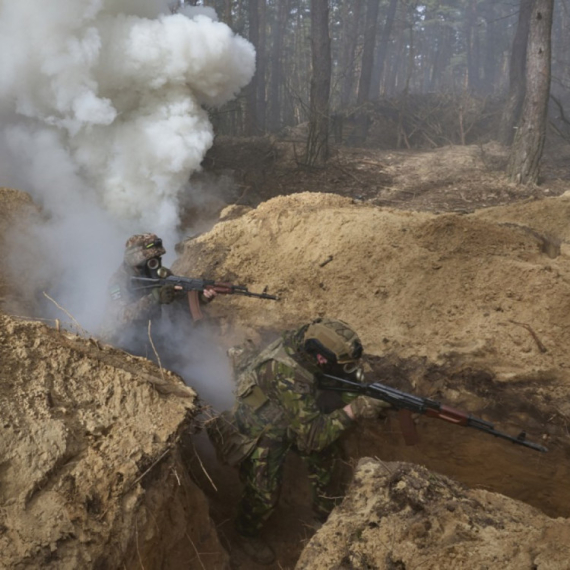
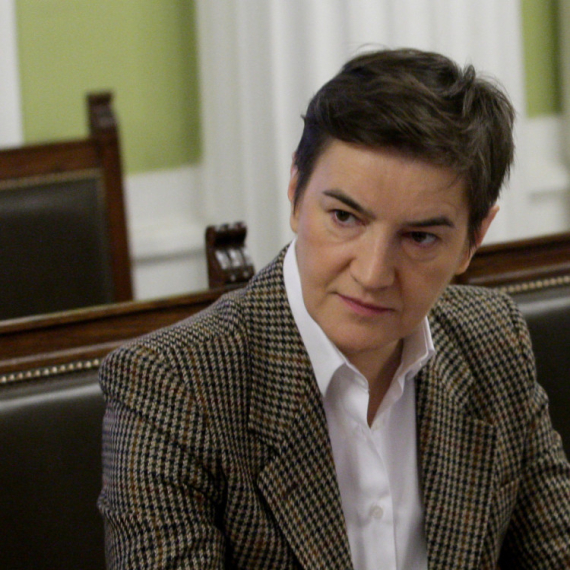

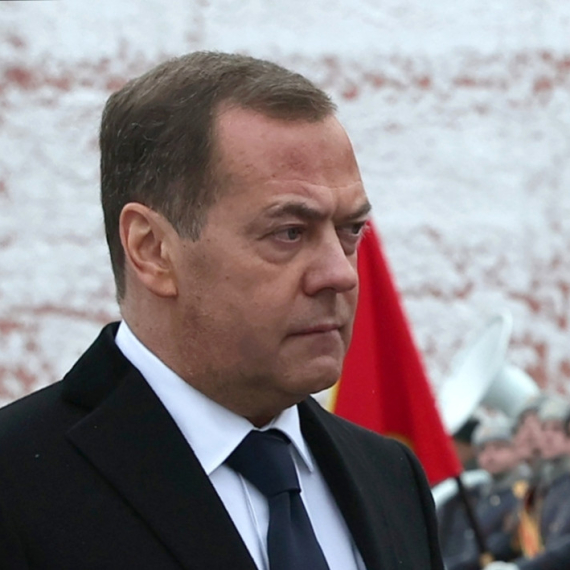
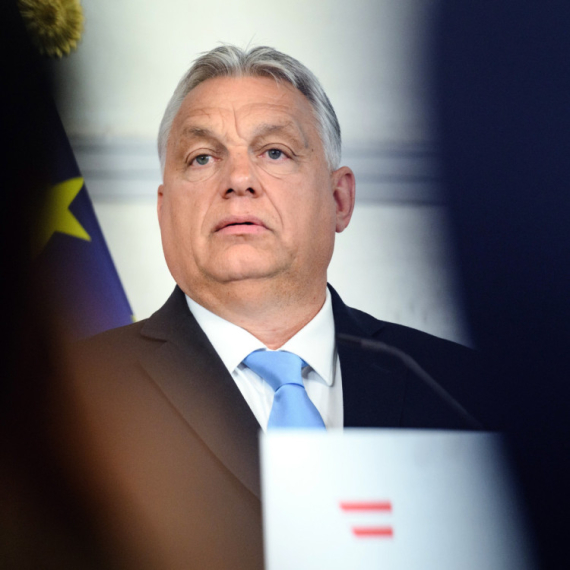


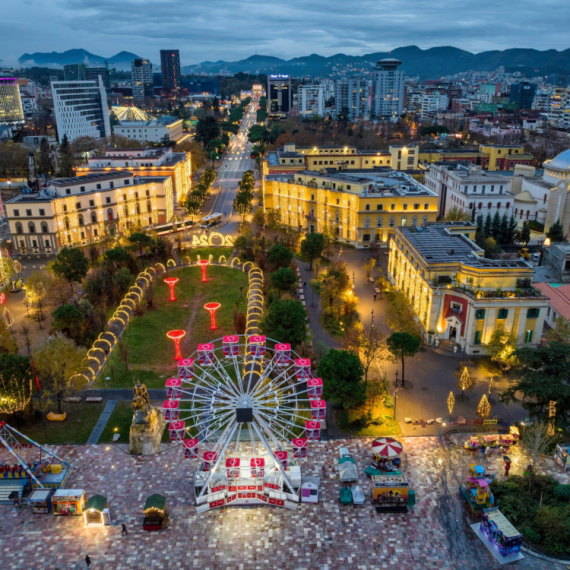





























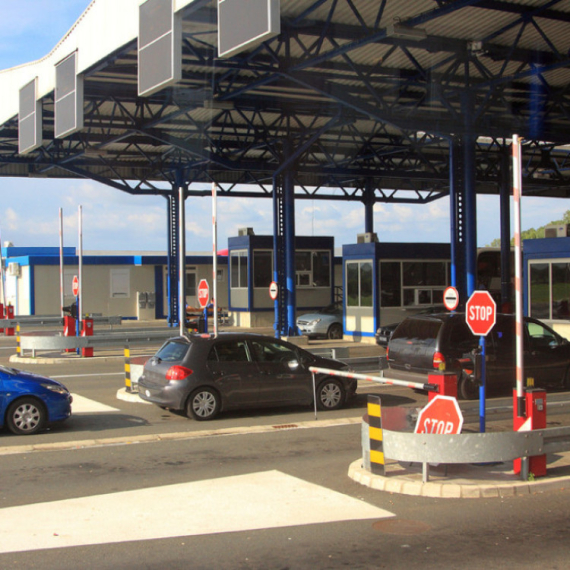








Komentari 20
Pogledaj komentare